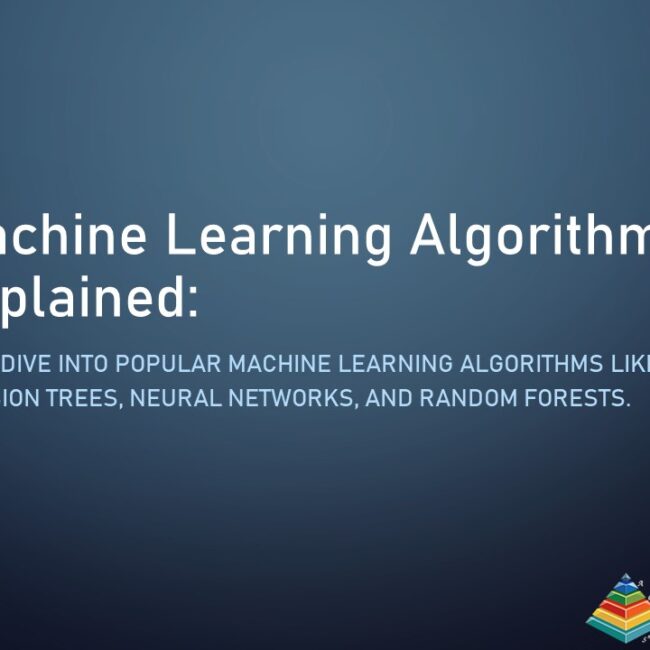
AI implementation in ERP
AI implementation can enhance various modules and sub-modules within an ERP (Enterprise Resource Planning) system to improve efficiency, decision-making, and automation. Here’s a breakdown of some of the ERP modules and their potential AI applications:
- Financial Management:
- Accounts Payable (AP): AI can automate invoice processing, detect anomalies, and optimize payment schedules.
- Accounts Receivable (AR): AI can assist in credit risk assessment and automate collections.
- Supply Chain Management:
- Inventory Management: AI can optimize inventory levels, predict demand, and reduce carrying costs.
- Demand Forecasting: AI can use historical data to make accurate demand forecasts.
- Order Management: AI can automate order routing and prioritize orders based on various factors.
- Human Resources:
- Recruitment and Talent Acquisition: AI can assist in candidate matching and resume screening.
- Employee Onboarding: Chatbots and virtual assistants can streamline the onboarding process.
- Performance Management: AI can provide insights into employee performance based on data analysis.
- Customer Relationship Management (CRM):
- Sales Automation: AI can predict sales opportunities, recommend upsell/cross-sell, and improve lead scoring.
- Customer Service: Chatbots and sentiment analysis can enhance customer support.
- Marketing Automation: AI can optimize marketing campaigns, segment customers, and personalize content.
- Manufacturing and Production:
- Production Planning: AI can optimize production schedules based on demand and resource constraints.
- Quality Control: AI can identify defects in real-time using computer vision.
- Maintenance Management: Predictive maintenance using AI can reduce downtime and maintenance costs.
- Project Management:
- Project Scheduling: AI can optimize project schedules based on resource availability and constraints.
- Resource Allocation: AI can help allocate resources efficiently and monitor project progress.
- Business Intelligence and Analytics:
- Data Analysis and Reporting: AI can assist in data analysis, generate insights, and create dynamic reports.
- Data Visualization: AI can enhance data visualization and provide interactive dashboards.
- Materials Management:
- Procurement and Vendor Management: AI can identify cost-effective suppliers and predict procurement needs.
- Warehouse Management: AI can optimize warehouse layouts and improve picking processes.
- Legal and Compliance:
- Contract Management: AI can review contracts, identify potential risks, and suggest revisions.
- Regulatory Compliance: AI can monitor changes in regulations and help ensure compliance.
- Asset Management:
- Asset Tracking: AI can track the location and condition of assets using IoT and sensors.
- Asset Maintenance: Predictive maintenance using AI can reduce maintenance costs and downtime.
- E-commerce Integration:
- AI can enhance e-commerce platforms by providing personalized product recommendations, optimizing pricing, and improving customer experiences.
- Quality Management:
- AI can automate quality control checks and detect defects in real-time during the manufacturing process.
- Health and Safety:
- AI can help monitor and analyze safety incidents and proactively identify potential risks.
- Environmental Management:
- AI can analyze environmental data and suggest sustainability initiatives to reduce the environmental impact of operations.
- Education and Training:
- AI can provide personalized training and support for employees to enhance their skills and knowledge.
These are just a few examples of how AI can be implemented in different ERP modules and sub-modules. The specific AI applications will depend on your organization’s needs and goals. When considering AI implementation, it’s crucial to assess which modules will benefit the most from AI and tailor the solutions accordingly.


